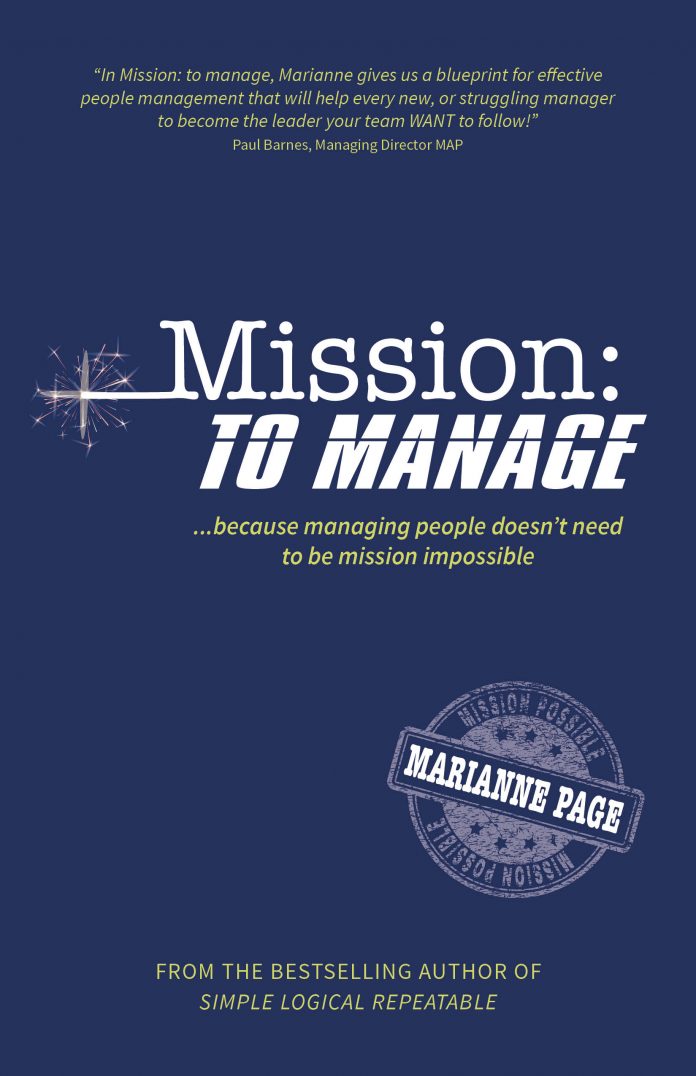
The role of the manager is constantly evolving.
Go back far enough and you’ll find that a manager could once demand respect, often inspiring it through fear; where nowadays, you have to earn it, and if you don’t, your people will simply move on.
In the past, you would never show any emotion as a manager, and certainly no sign of weakness—even when you knew you were wrong, you would act as if you knew you were right. But society has changed, and so have our expectations of a manager. We now want managers to embrace their own vulnerability, to recognize that they don’t have all the answers—that they can make mistakes. We want them to be able to say, “Sorry I got that wrong.”
In the past, as manager, you would be supported by your employees, who would work for you, but here in the 2020s, it’s not enough to just tell your employees what to do. Today’s generation are not the “tell me how high you want me to jump” people of days gone by. They want to know why they’re jumping, and why this high.
“Why do you want things done this way? How is it going to help me? How is it going to make my life easier? How is it going to help the business?”
The most successful managers know they need to work with their team, leading and engaging them, using the language of “we” and “us” rather than “me” and “them.” We’re all working together to achieve one clear goal.
Of course, not every manager gets this. There are still plenty of managers new and old who see their position as one of power; who believe in command and control; who revel in the opportunity to treat people as their serfs.
For me, it’s clear that the step up to manager comes with big responsibility. You’re responsible for getting the very best out of the individuals you’ve been asked to lead and manage; for helping those individuals to fulfill their potential, and for molding them into a team that delivers results for the business.
How each manager handles that responsibility; how willing they are to embrace the challenge (because that’s what it is) of managing a team; and how willing they are to learn how to do it well (and keep learning every day) will dictate how well respected they are, how well their team works with them, and how much they achieve together.
The very best managers recognize that their role is not one-dimensional. They recognize they need to be:
- A leader: Motivating and inspiring the team through their example
- A coordinator: Looking after the nuts and bolts of the job, getting the operation to run as it should
- A coach: Developing individuals as people while giving them the skills to do their job well
- A mentor: Helping each team member to become more rounded as a person, and fulfill their potential.
The very best managers recognize it’s a role that will continue to change and evolve—just look at the new challenge (to many) of managing remotely—a role they will always be learning, and that mastery of their role will take commitment and time.
I hope they also recognize the reward and fulfillment that will come from watching their team achieve great things together, from seeing individuals blossom and shine under their leadership, from playing a vital role in the achievement of potential.
Then they’ll understand the true joy of managing people.
Excerpt from “Mission: To Manage” by Marianne Page (Practical Inspiration Publishing). For more information, visit: https://practicalinspiration.com/product/mission-to-manage
Marianne Page is an award-winning leader and developer of high-performing teams. She inspires successful small business owners to build the simple systems and high-performing team that will free them from the day-to-day of their operation, giving them back the time to enjoy a fulfilling life, confident that their business is running as it should. Page developed a number of high-performing teams of her own during her 27-year career as a senior manager with McDonald’s, and developed more than 14,000 managers and franchisees over an eight-year period as the company’s Training manager. For the last 10 years, Page has worked closely with successful business owners who have over-complicated their life and their business, helping them to develop the systems and the structure that will make their operation consistent, and free them to work on their business rather than in it. Page is the best-selling author of “Simple Logical Repeatable,” “The McFreedom Report,” and “Process to Profit.” Her latest book is “Mission: To Manage.”




